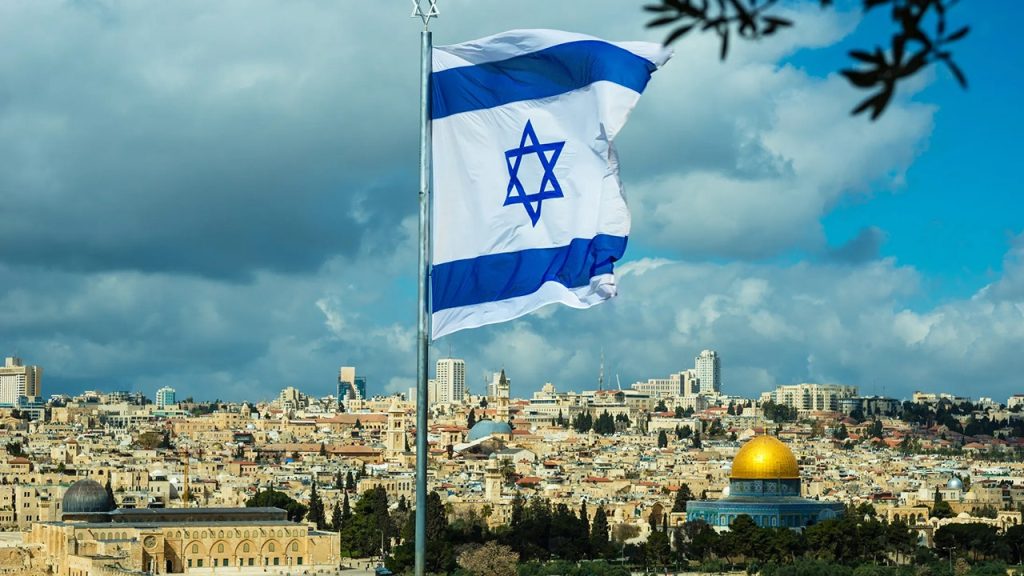Israel’s Military Service Debate: The Ultra-Orthodox Question During Wartime
In the midst of Israel’s ongoing conflict with Hamas, Prime Minister Benjamin Netanyahu faces a critical internal challenge that has threatened to fracture his coalition government: the conscription of Ultra-Orthodox (Haredi) men into the Israel Defense Forces (IDF). As Israel mobilizes an additional 60,000 reservists for its Gaza City offensive, the strain on existing military personnel has intensified the debate over whether religious exemptions should continue in a time of national crisis.
The exemption for Ultra-Orthodox men dates back to Israel’s founding in 1948, when Prime Minister David Ben-Gurion struck an agreement known as “Torato manuto” (“his Torah is his occupation”), allowing full-time Bible students to avoid military service. What began as an accommodation for a few hundred students has evolved into a significant demographic issue. Today, the Haredi community comprises approximately 15% of Israel’s 10 million citizens, with projections suggesting this figure could grow to about one-third by 2050 due to high birth rates. This demographic shift has transformed what was once a minor concession into a major point of contention regarding the equitable distribution of national defense responsibilities. The issue reached a boiling point before the Knesset’s summer recess, with Ultra-Orthodox parties United Torah Judaism and Shas temporarily withdrawing from Netanyahu’s coalition in protest over the failure to pass legislation cementing their exemption from military service.
The debate reflects deeper divisions in Israeli society about shared sacrifice and national identity. Likud lawmaker Yuli Edelstein, who was removed as chair of the Knesset Foreign Affairs and Defense Committee after criticizing Haredi lawmakers for their intransigence, believes a compromise is possible. “The ideal outcome would see full-time Torah students continue their studies, while those who are not engaged in religious learning would enlist in the IDF,” Edelstein told Fox News Digital. “The army needs them, Israel needs them, and it’s manageable. What makes it difficult is the lack of an oversight mechanism that the Haredim would agree to.” This perspective acknowledges both the religious values at stake and the practical military needs of a nation at war, suggesting that not all exemptions are equal and that those who are not genuinely dedicated to full-time religious study should serve alongside their fellow citizens.
The military perspective has become increasingly clear as the war against Hamas continues. IDF Chief of Staff Lt. Gen. Eyal Zamir has explicitly called for universal participation in national defense, stating during a tour of Gaza that “Israel’s security requires the full partnership of all parts of the nation. This is a civic duty and a national imperative.” The practical reality is stark: military officials report a shortage of 10,000 to 12,000 soldiers at a time when reservists are serving extended tours away from their families and jobs. Ido Keren, founder of “Katef Le Katef” (Shoulder to Shoulder), an organization advocating for universal conscription, frames the issue as both a security necessity and a matter of basic fairness: “It is not logical that entire groups in Israeli society serve and pay taxes while another group does not serve, does not pay taxes, and gets a free ride thanks to others. The Jewish state is built on values of mutual responsibility and unity.” His organization proposes economic rather than criminal sanctions for non-compliance, arguing that cutting public budgets for those who refuse to serve would naturally incentivize enlistment.
The Ultra-Orthodox community views the issue through an entirely different lens. Former United Torah Judaism lawmaker Moshe Roth explains that “from the establishment of the state, it was understood that, as the people of the book, it is vital for the country’s spiritual and national existence that a portion of the population devote themselves to Torah study.” From this perspective, the study of religious texts is not a shirking of national duty but rather a different form of service to the state’s spiritual foundation. Roth also points to practical resistance within the military itself: “The army is progressive, and the yeshiva students would change its character and deter women from being integrated. It will change the situation dramatically; the military is not too keen about that.” Despite this cultural clash, the IDF has begun taking steps to accommodate religious soldiers, establishing the Hasmonean Brigade in January for Ultra-Orthodox recruits and issuing over 50,000 draft orders to yeshiva students in June.
As the Knesset prepares to reconvene for its winter session next month, Netanyahu has limited time to broker a compromise that could preserve his coalition while addressing the growing demands for more equitable military service. The stakes extend beyond politics to fundamental questions about Israeli identity and the social contract binding its citizens. “We are attempting to change a situation that has existed for 77 years,” Edelstein reflected. “It’s a big and difficult shift, a scary change, but it’s necessary. We have no choice—both for military and social reasons.” This sentiment captures the essence of Israel’s current dilemma: how to honor religious traditions while adapting to the urgent security challenges and evolving social dynamics of a modern state at war. As the conflict with Hamas continues to demand sacrifice from Israeli society, the question of who bears the burden of that sacrifice has never been more pressing or more politically explosive.


